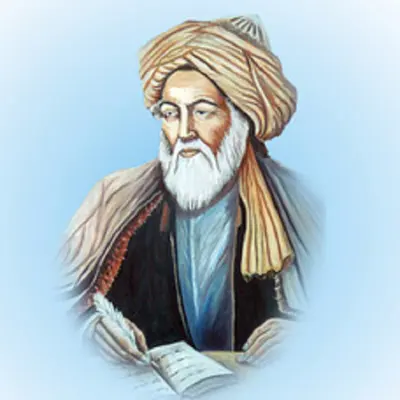Nasir-i Khusraw was a Persian poet, philosopher, and Ismaili missionary whose writings continue to inspire scholars and seekers of wisdom. Born in 1004 CE in Balkh, he initially lived a life of courtly luxury but experienced a profound spiritual awakening through a visionary dream. This led him to renounce his prestigious position and embark on a seven-year journey in search of truth, ultimately finding his answers in the teachings of Ismaili Islam in Cairo under the Fatimid Caliphate.
As a da’i of the Fatimid Imam, he sought to spread Ismaili thought upon his return to Khorasan but faced persecution from the Seljuk authorities and religious orthodoxy. Forced into exile in Badakhshan, he spent his remaining years writing, teaching, and guiding his followers. His works—philosophical treatises, poetry, and the Safarnama (travelogue)—provide invaluable insights into medieval Islamic thought and spirituality. This book explores his life, transformation, philosophy, and lasting influence, bringing to life the world he inhabited and the timeless wisdom of his words.
Timeline of Nasir-i Khusraw's Life and Key Events:
1004 CE: Nasir-i Khusraw is born in Balkh, Khorasan (present-day Afghanistan).
Early Life: Raised in a privileged family connected to the Persian bureaucratic class. Immersed in Persian and Arabic scholarship, including the Qur'an, mathematics, astronomy, philosophy (including the works of Avicenna/Ibn Sina), and poetry. Serves in the Ghaznavid and Seljuk courts as a tax collector and administrator.
Around Age 40 (c. 1044): Growing dissatisfaction with worldly pleasures and corruption in the courts.
1045 CE: Nasir-i Khusraw experiences a transformative dream/vision. A celestial voice commands him to seek knowledge and the path of truth. He resigns from his position and leaves Balkh.
1045-1052 CE (Seven-Year Journey):Travels westward from Balkh to Nishapur.
Spends time in Nishapur, engaging in debates with theologians and scholars.Travels through Persia and Mesopotamia to Baghdad.Visits Mecca and Medina for the Hajj pilgrimage.Arrives in Cairo, the seat of the Fatimid Caliphate.Studies at the Dar al-Ilm (House of Knowledge) in Cairo, embracing Ismaili Islam.Meets the Fatimid Imam, al-Mustansir Billah, who instructs him to return to his homeland and spread the truth.1052 CE: Returns to Khorasan as a Da'i (missionary) of Ismaili Islam.
1052-1077 CE:Begins preaching in Balkh, stirring controversy and facing opposition from Sunni Seljuk authorities and religious orthodoxy.
Flees persecution and is forced into exile.Finds refuge in the remote mountainous region of Badakhshan (Yumgan), where he establishes a community of followers.Spends the rest of his life in Badakhshan writing philosophical treatises, poetry (Diwan), and his travelogue (Safarnama).Around 1077 CE: Nasir-i Khusraw dies in Badakhshan.
